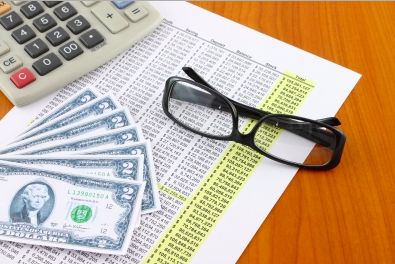John Doe is 53 years old. He works at a warehouse and earns $40,000 per year before taxes. He has a 401(k) program at work, but he hasn’t contributed to it like he should and the program has no matching funds. The last time John checked his statement there was less than $4,000 in the plan. He knows he should save more, but he finds it difficult to do on his salary. John is divorced and pays child support for his son from the failed marriage. Between his apartment rent, car payment and the $12,000 he owes in credit card debt, he can hardly afford to set aside money for retirement.
John is, of course, fictional. But his situation reflects that of many Americans who feel as if their retirement future is uncertain. Unless John lands a job with a higher paying salary, or comes up with some cash from an inheritance or wins the power ball lottery, he will likely limp along until retirement and then collect his Social Security. Like millions of other Americans, John’s main source of income will be his Social Security check when he retires.











